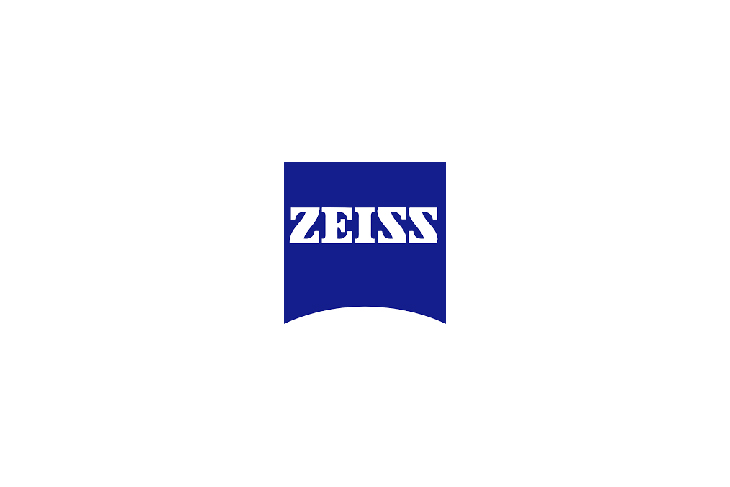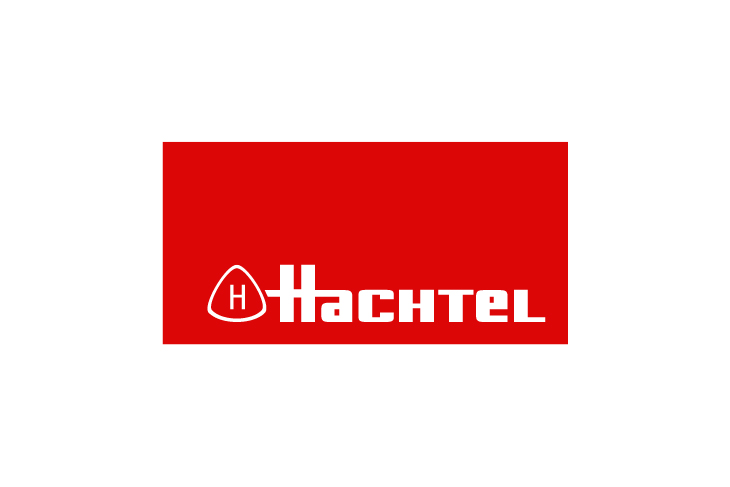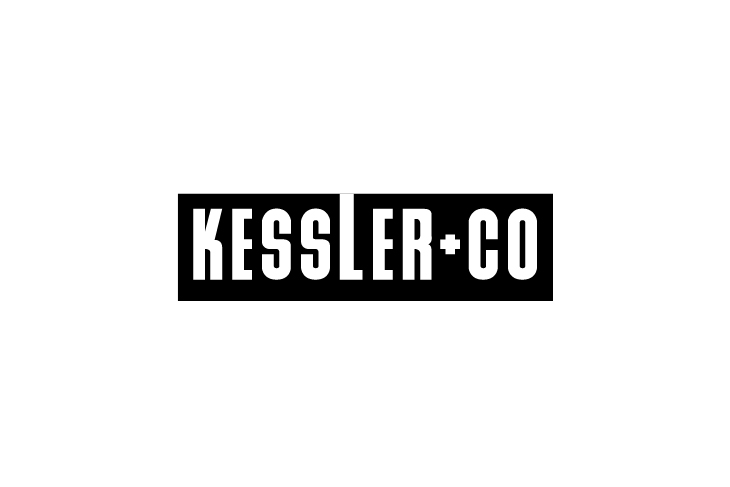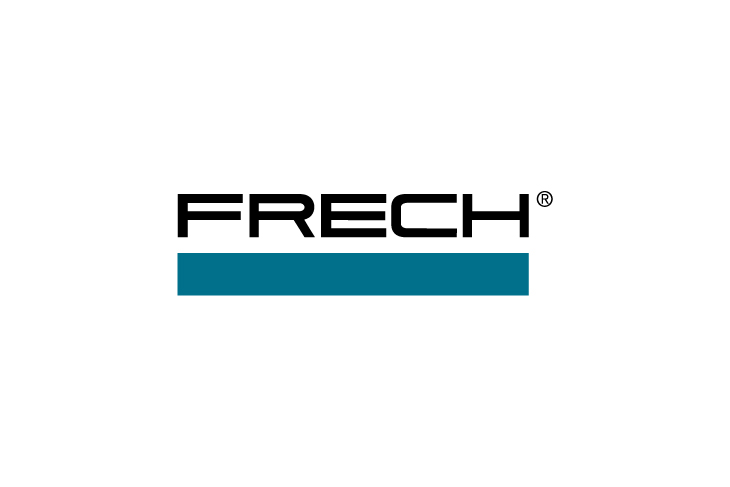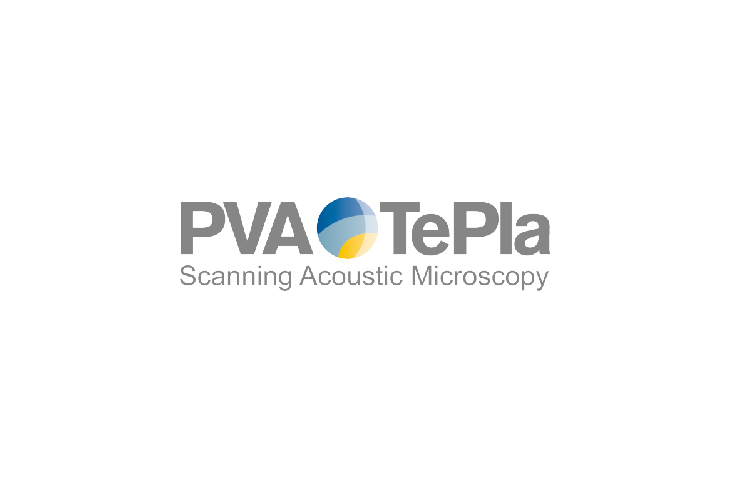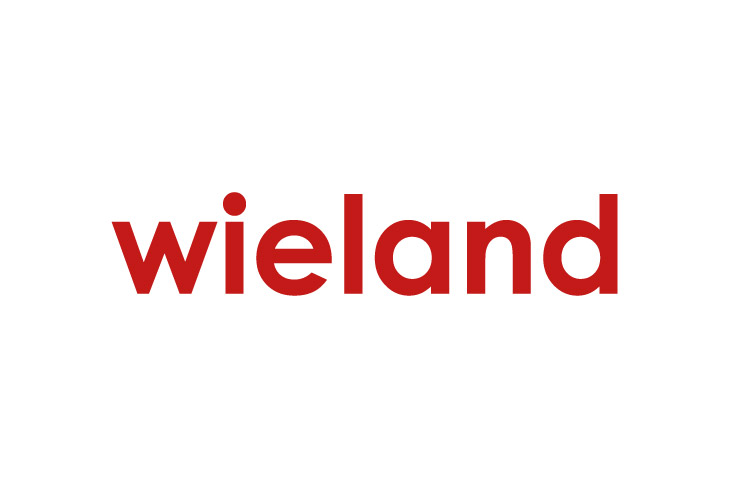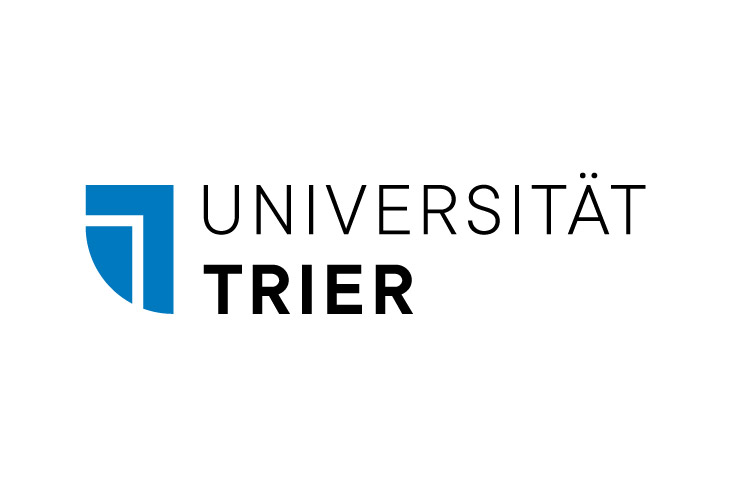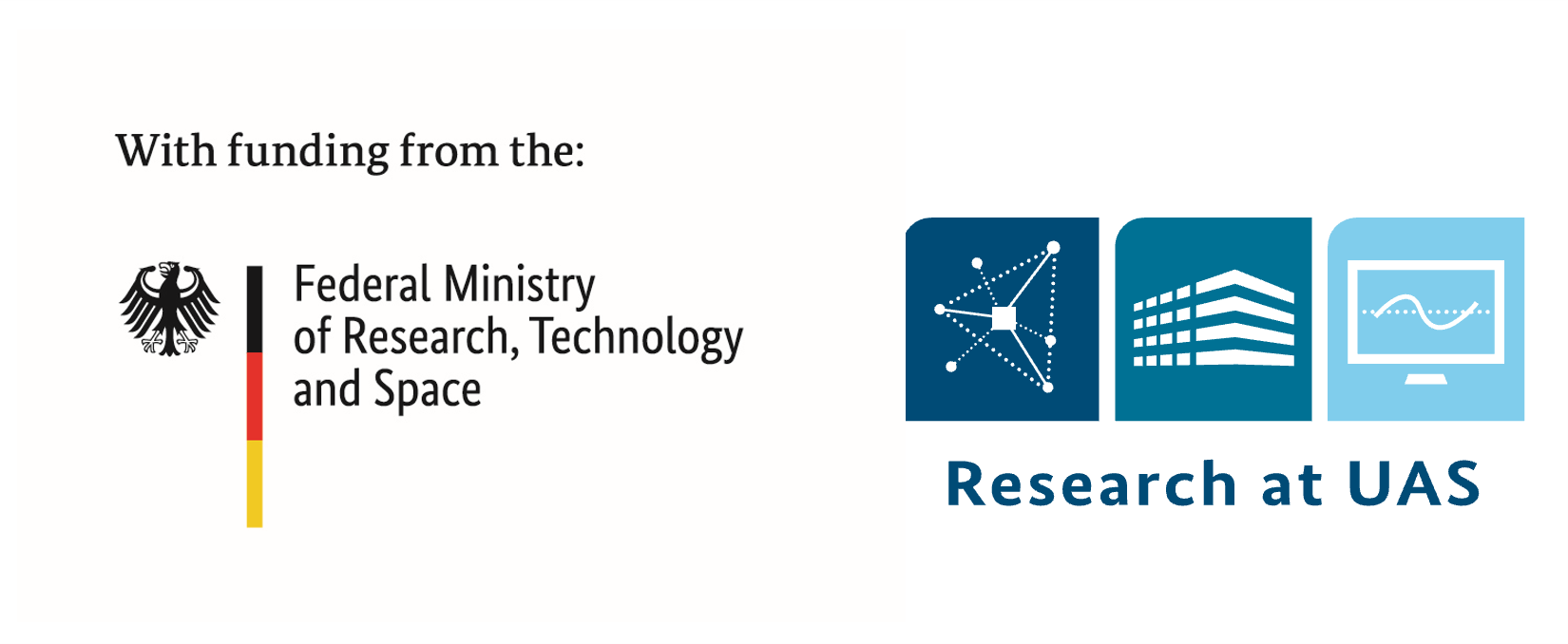Research // Machine Learning – Artificial Intelligence
SmartPro – Key to Smart Products!
Artificial intelligence is used in the SmartPro impulse projects BEYOND (2020-2022) and Smart-DATA in the form of machine learning (ML) methods.
In particular, SmartPro researchers are investigating and further developing methods for quality control and process monitoring. ML methods are developed specifically for the three SmartPro application fields (energy converters, energy storage systems, and lightweight construction) through close collaboration within the SmartPro network. Data- and algorithm-based models are built through iterative artificial learning processes that can subsequently recognize relationships within the data, identify patterns or errors, and automatically perform comprehensive analyses.
This establishes a toolbox that provides methods for a wide variety of problems that can be easily adapted for the defined purpose. Using ML methods in all SmartPro application fields further promotes the collaboration between researchers in the SmartPro network.
Smart-DATA
// Project duration: 01.04.2022 to 31.03.2026
Project management
Prof. Dr. Orsolya Csiszár
Mathematik und KI-Anwendungen
Tel.: +49 (0) 7361 576-5567
orsolya.csiszar@hs-aalen.de
Project partners
Aalen University
- Dr. Timo Bernthaler, Materials Research Institute Aalen
- Prof. Dr. Gerhard Schneider, Materials Research Institute Aalen
- Prof. Dr. Manfred Rössle, Business Informatics
- Prof. Dr. Ulrich Klauck, Machine Learning and Data Analysis
Companies
- Carl Zeiss Industrielle Messtechnik GmbH
- Carl Zeiss Microscopy GmbH
- F. & G. Hachtel GmbH & Co. KG
- Kessler & Co. GmbH & Co. KG
- Oskar Frech GmbH & Co. KG
- PVA TePla Analytical Systems GmbH
- Wieland-Werke AG
Other research institutions
-
Universität Trier – Informationswissenschaften Wirtschaftsinformatik
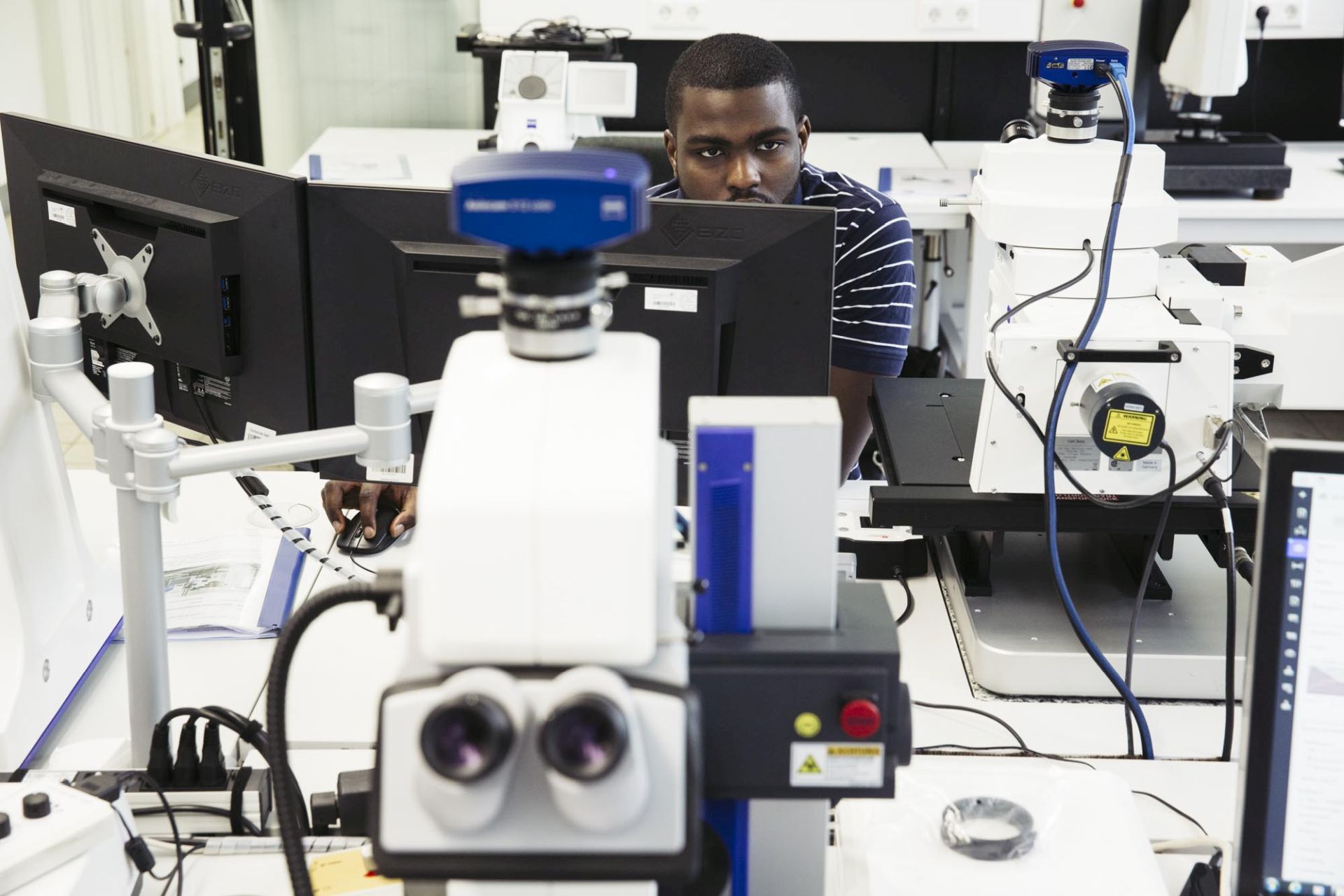
Domain-optimized machine learning methods for smart production systems (Smart-DATA)
The manufacturing of the next generation of products requires complex processes and high-quality materials. As a result, the need for innovative procedures for quality control and production optimization is constantly increasing. However, classical systems for quality control are often insufficient to meet these increased challenges.
Smart-DATA therefore focuses on innovative ML-based systems and, in particular, their integration into production and quality control. The decisive factor is that the methods are customized or can be easily adapted for the respective research questions or industrial applications. Deep learning methods were developed specifically for materials research in a previous project, and these methods are being further developed in Smart-DATA for smart applications for energy-efficient and resource-saving products. Examples include quality assessment in die casting, hybrid components, and magnetic and battery materials.
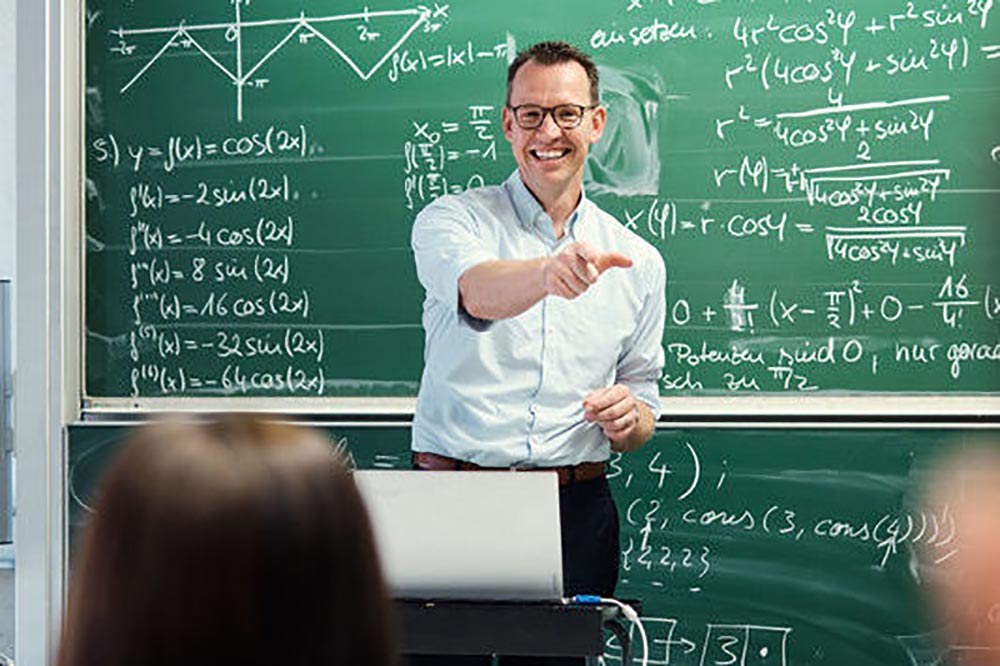
Domain-optimized highly adaptive deep learning methods for materials research (BEYOND)
The development of novel smart material systems has led to increased requirements in the optimization of process parameters as well as in the areas of microstructure analysis and quality assessment. These often cannot be handled by classical approaches. The use of self-optimizing, high-precision, and easily-adaptable ML methods, more precisely deep learning, was the topic of the impulse project BEYOND.
Established deep learning methods were adapted and further developed in close cooperation with the four other impulse projects from the SmartPro initial phase. A specific focus was on reducing required data volumes and training intervals to enable efficient analysis. This allows the methods to be widely applied, even with limited data volumes.
Another central aspect of the project was the optimization and further development of existing systems based on Convolutional Neural Networks (ConvNets), which are artificial neural networks modelled on the human brain. Additionally, pre-processing methods for data preparation and combination of data from different sources were further developed for effective use in materials research. The aim was to achieve the broadest possible range of applications, including the combined analysis of imaging and non-imaging data.
BEYOND
// Project duration: 01.01.2020 to 31.08.2022
Project management
Prof. Dr. Dagmar Goll (from 08/2021)
Materials Research Institute Aalen
Tel.: +49 (0) 7361 576-1601
dagmar.goll@hs-aalen.de
Prof. Dr. Ricardo Büttner (bis 07/2021)
Business Informatics, Aalen Universtiy
(since 08/2021 University of Bayreuth)
ricardo.buettner@uni-bayreuth.de
Project partners
Aalen University
- Prof. Dr. Dagmar Goll, Materials Research Institute Aalen
- Prof. Dr. Harald Riegel, LaserApplicationCenter
- Prof. Dr. Markus Merkel, Zentrum für Virtuelle Produktentwicklung
- Prof. Dr. Volker Knoblauch, Materials Research Institute Aalen
Follow us!
Stay up to date about the
SmartPro network on LinkedIn!
Explorative Projects
Artificial intelligence is a multi-faceted cross-sectional technology that connects the application fields in the SmartPro network. This is illustrated by the multiple explorative projects that apply methods from artificial intelligence to research on energy converters, energy storage systems, and lightweight construction. The main focus was on machine learning methods for improving manufacturing processes and quality assessment.

PreMo-LiB // Artificial Intelligence and Machine Learning Solutions to Improve Process Quality in Battery Mass Production
01.03.2019 to 31.08.2020
High-quality lithium-ion batteries with a long service life is needed in many industrial products, e.g. in electric cars, smartphones or power tools. In the explorative project PreMo-LiB, we − in cooperation with the Varta Microbattery GmbH − investigated innovative in-line methods enabling to predict the service life of accumulators and to improve their overall quality. To achieve this, we used modern self-learning software algorithms − machine learning (applied artificial intelligence).
Commonly, it is only in later usage that it is revealed whether a lithium-ion based battery meets the customer requirements. Due to the complex physical interactions within a battery, so far, quality prediction during production has only been possible to a very limited extent and not suitable for mass production.
But remarkably, in the project PreMo-LiB, machine learning methods were developed to predict the quality and service life of (test) batteries during production in a both cost-effective and feasible manner. Most importantly, the established quality assurance process is non-destructive and scalable for the mass production of high-quality lithium-ion batteries.
- Project management
Prof. Dr. Ricardo Büttner, Business Informatics
- Project partner
VARTA Microbattery GmbH
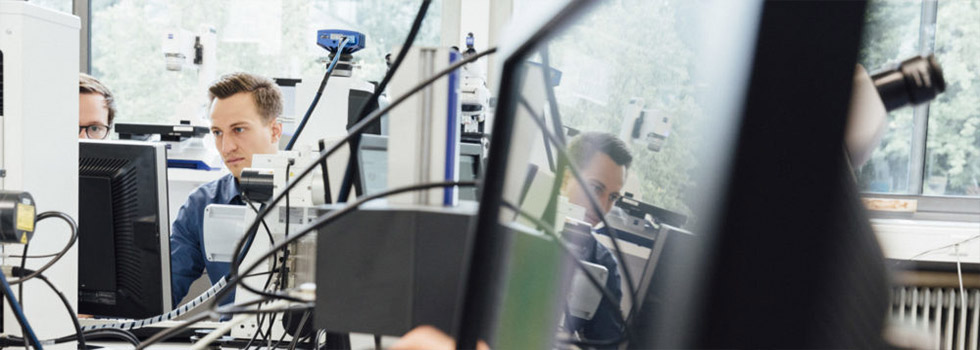
DiMa // Digitization Potential of Materials Research in SmartPro
01.10.2019 – 30.09.2020
The explorative project DiMa on machine learning (ML) methods was carried out in four subprojects, each of which focused on one of the applications fields of SmartPro or additive manufacturing. Here, the methodological competence of ML experts was combined with expertise in the particular research areas. In this way, interdisciplinary approaches were successfully used to push research further towards tailored development and application of ML methods within SmartPro. Each of the four subprojects served as a starting point for the current cross-sectional impulse project BEYOND with a focus on machine learning.
The subproject MagTwin (assigned to the impulse project MagNetz, energy converters) focused on the development of a digital twin of a permanent magnet test bench. Most importantly, the aging processes of permanent magnets were simulated.
In the subproject DigitEL (assigned to the impulse project LiMaProMet, energy storage systems), machine learning was used to analyze microstructures of electrode material in lithium-ion accumulators, and performance was improved. A particular focus was on the prediction of current rate capability.
The subproject in the application field of lightweight construction (and to the impulse project InDiMat) investigated the surface properties of adhesive-bonded multi-material systems based on carbon fiber-reinforced plastics (CFRP). The systems were analyzed microscopically, and images were collected using 2D and 3D systems. Based on these and supplementary data, machine learning approaches were used to predict the mechanical strength of the bonded joints.
In SmartPrint (assigned to the AddFunk impulse project), the relationships between the quality of 3D-printed optical components and their process parameters as well as material properties were investigated using machine learning.
- Project management
Prof. Dr. Ricardo Büttner, Business Informatics
- Project partners
Prof. Dr.-Ing. Sebastian Feldmann, Digitale Systemintegration im Maschinenbau
Prof. Dr. Ulrich Klauck, Machine Learning and Data Analysis
Prof. Dr. Manfred Rössle, Business Informatics
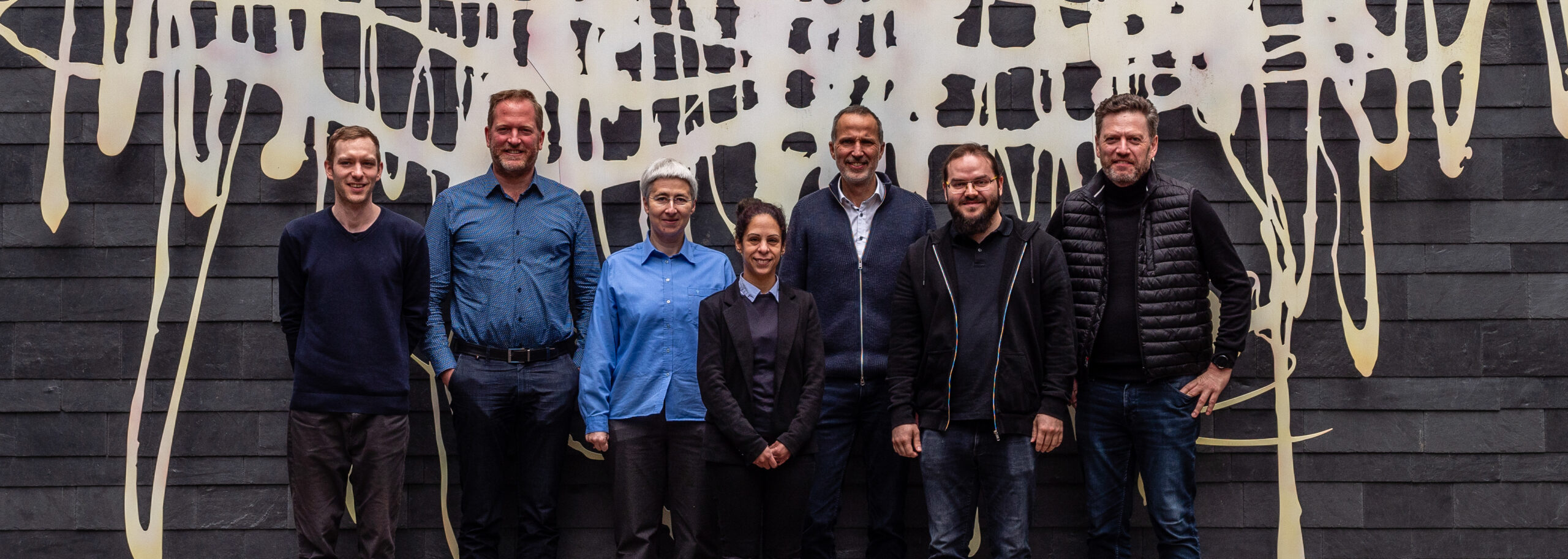
SmartCycle // Smart Recycling Solutions for Future Technologies
01.05.2023 – 31.07.2025
The recycling and circular economy of materials in the areas of energy converters, energy storage systems, and lightweight construction – the three fields of application addressed by SmartPro research – are vital for sustainable resource management. By implementing efficient recycling processes and embracing circular economy principles, valuable materials can be recovered from waste, reducing the need for raw material extraction and minimizing environmental impact. The aim of the explorative SmartPro project SmartCycle is to explore new recycling strategies and further develop methods to perform these practices. This project will shed light on innovative recycling methods and thus contribute to conserving resources, promoting energy efficiency, and fostering a more sustainable and environmentally-conscious approach to the production and use of magnets, batteries, and lightweight construction materials.
To achieve these goals, SmartCycle is divided into five sub-projects, aligned with the three application fields addressed by SmartPro (energy converters, energy storage systems, and lightweight construction) as well as the interdisciplinary technology of machine learning.
- Project management
Prof. Dr. Iman Taha, Institute for Sustainable Polymers and Composites
The RecyKIMi sub-project focuses on using machine learning, virtual reality, and augmented reality methods to characterize and assess the quality of recyclates. In the context of electromobility, magnetic materials are essential for electric motors, while battery materials play a critical role in energy storage systems. When recycling these materials, it is essential to evaluate their quality to ensure that they meet the required standards and can perform effectively in new applications. Artificial intelligence (AI) methods such as machine learning are powerful tools for assessing the quality of recycled materials because they can be trained to recognize patterns in new data. In RecyKIMi, material-specific AI-modules are developed to analyze the microstructure of the recyclates in real time from microscopic images.
- Sub-project management
Dr. Timo Bernthaler, Materials Research Insitute Aalen
Prof. Dr. Carsten Lecon, Laboratory for Multimedia Design and Virtual Reality
Prof. Dr. Gerhard Schneider, Materials Research Insitute Aalen
SmartPro // FH-Impuls:
Strong universities of applied sciences - impulses for the region
With SmartPro, Aalen University of Applied Sciences has positioned itself in the top group of universities of applied sciences nationwide. SmartPro is one of ten partnerships funded through the “FH-Impuls” program of the Federal Ministry of Research, Technology and Space with around 10 million euros from 2017 until 2025. Core objectives are the sustainable expansion of the regional transfer and cooperation network as well as strengthening the research profile and innovative power. SmartPro contributes to the advancement of climate protection and digitalization, two key social challenges.
